(AfroGamers.com) The last time when we explored a franchise’s spinoffs, we focused on Sonic the Hedgehog. Let’s open things up by looking at five of the best spinoffs in video games.
How Are We Defining “Spinoff”?
A spinoff is any game within a franchise that isn’t part of the main series of games. Spinoffs can continue a story or present a dedicated side-story that features characters from the main series or takes place in the main series world.
The game might take place between the events of Afro Gamers and Afro Gamers II: Midnight Express, take place in the same setting, yet feature none of the main characters.
Hell, the spinoff might even stray from the main series’ genre. Spinoffs are flexible like that.
A good TV and screen example of this are the Star Wars shows The Mandalorian, Star Wars: The Clone Wars, and Star Wars Rebels or just the Law & Order franchise.
Pokemon Mystery Dungeon series
All Spike Chunsoft did here was apply the Pokemon license to gameplay from its own franchise: Mystery Dungeon. This is one of the more successful spinoffs in the Pokemon franchise purely because it has been continued since 2005.
Are Pokemon Snap and Pokemon Stadium more popular? No doubt. However, Nintendo wasn’t moved enough by how loved those series were to continuously release games in those series.
On the flip side, we’ve gotten Mystery Dungeon games since the late 1990s and Pokemon Mystery Dungeon games regularly for roughly 21 years now.
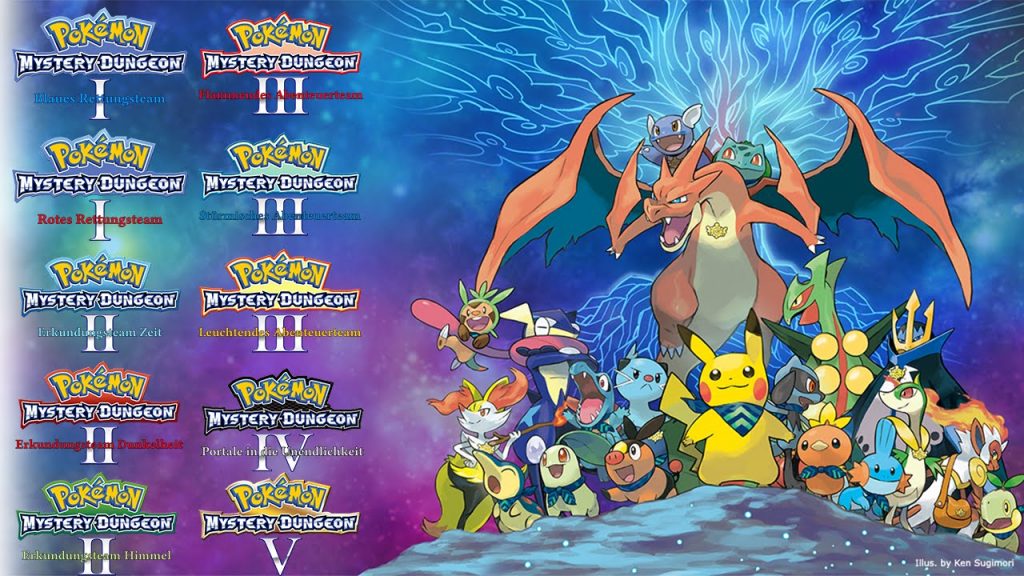
Super Mario RPG: Legend of the Seven Stars
We’ve gone into Super Mario RPG from the Super Nintendo in the past but this game is incredible. It’s my hands-down favorite Super Mario game and all Squaresoft did was take the Mario license and apply to a turn-based JRPG system.
Honestly, this is a formula that should’ve been abused by developers in the late 1990s and early 1990s only because it has a high success rate or being an enjoyable game.
I could make the complaint about characters like Marrow and Geno should’ve been used more in Nintendo games but Nintendo has never been huge on concrete canon and story continuity across games.
EA Sports BIG series
Every genre has a stigma to it. For one thing, all games within a genre are pretty much the same at the core but become derivatives of that genre by adding new gameplay mechanics.
Then you get to sports games which have it worse than the first-person shooter genre had it during late 2000s-early 2010s as far as stagnancy goes.
So, how do you freshen up a genre based on sports? The rules don’t change regularly—which is good, you want consistency in sports—and the changes that do occur don’t result in a game that looks refreshed and new for a TV audience.
You freshen sports up by making them extreme, of course! When Midway decided “Eh, let’s do the NBA Playoffs games but make it more like an arcade game” the genre got a ton of breathing room across all sports.
The concept wasn’t even genius: just take sports and exaggerate the action to the point that gamers who aren’t sports fans would enjoy the game.
Into the 2000s, this was always Midway’s lane but the EA Sports BIG studio gave EA that reach into arcade sports games. Basically, a studio that was known for its sports simulation line-up began doing what Midway had been doing since NBA Jam—only better.
Super Puzzle Fighter II Turbo
Fighting games tend to have a low success rate when going outside of the genre. Either the game is enjoyed but it doesn’t sell or it sells on the weight of the franchise’s name value and turns out not being half as good as the main series.
Yes, that was Mortal Kombat Mythologies slander.
Super Puzzle Fighter II Turbo is a game that falls into category one. People enjoyed the gameplay however it didn’t have the legs to stick the landing on console.
On that note, Puzzle Fighter II didn’t need to be on console then. It should’ve remained an arcade-only game but that Super Street Fighter II wave was really strong into the late 90s.
The Street Fighter name and the art style—this was around the time that the art style in Capcom games got much better—are the main selling points of Puzzle Fighter.
Without those two elements, you’re just playing another match-3/Tetris-clone. The gameplay isn’t groundbreaking but mixing these two polar opposites made for a fun spinoff.
Mario Party series
I wasn’t keen on adding another Mario game to this list but Nintendo has been around—just as a video game company—longer than its two closest competitors combined.
What that means is that in a run spanning over 45 years, the company has spanned a number of major franchises. Mind you, that doesn’t mean every game in these franchises are blockbusters but you’re likely to get a big seller out of that franchise and each franchise has had multiple blockbusters.
The Super Mario franchise has a number of spinoffs such as Mario & Sonic at the Olympic Games, Mario Kart, Super Smash Bros, and yes…Dr. Mario.
However, the spinoff that stood out the most for me—besides Super Mario RPG and Paper Mario—was Mario Party. This game was made for couch-play with your family and friends!
Several games on this list might illicit some nostalgia but Mario Party plucked at a particular part of pre-online multiplayer generation gamers’ nostalgia.
Was couch-play convenient? It depended on if everyone brought their controllers. While Mario Party isn’t the ooze of the party game genre, the series was always fun to play with others.
This is especially true when played in the same room with other players. That way you could get that Spades/pre-Among Us sense of disappointment in a team mate.
Staff Writer; M. Swift
This talented writer is also a podcast host, and comic book fan who loves all things old school. One may also find him on Twitter at; metalswift.

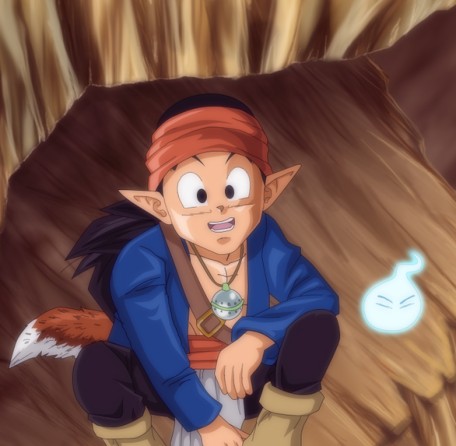
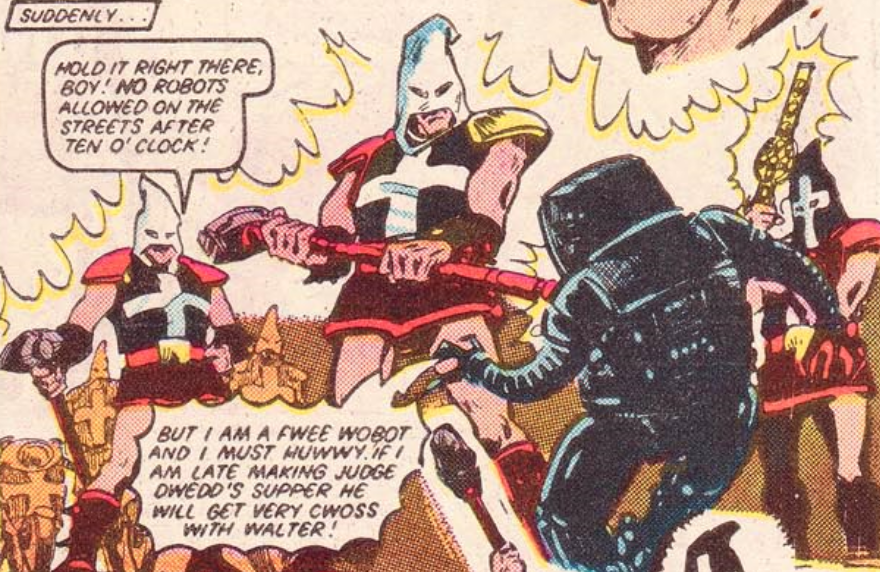




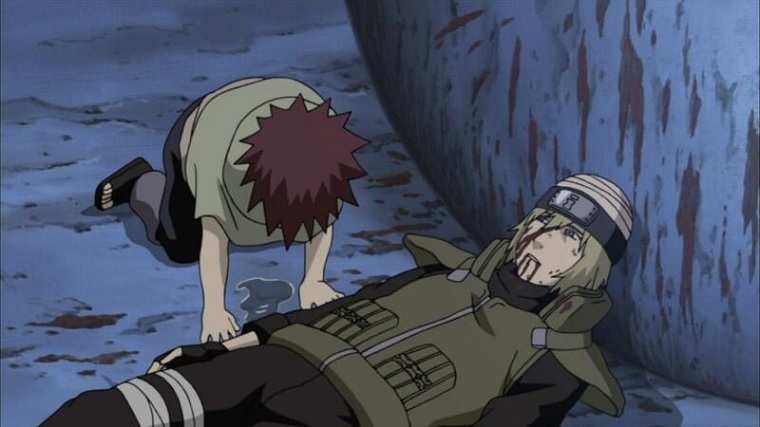

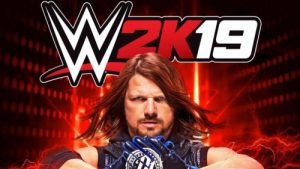
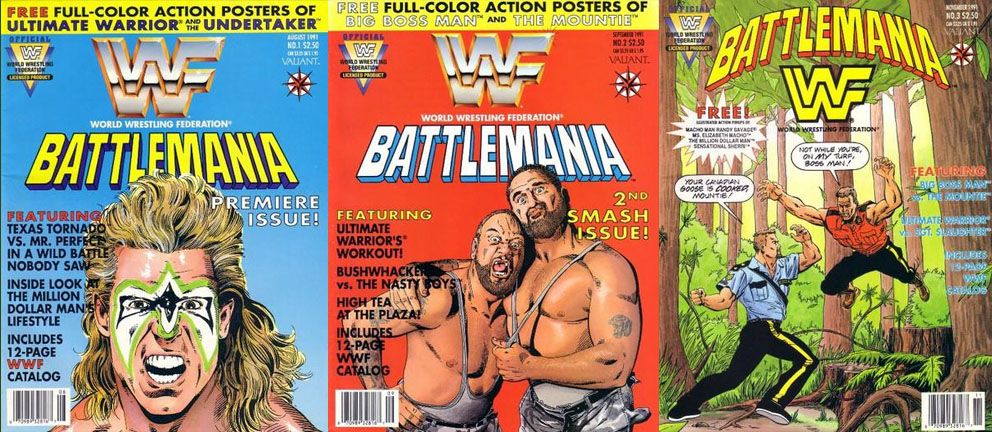
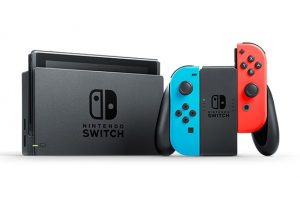
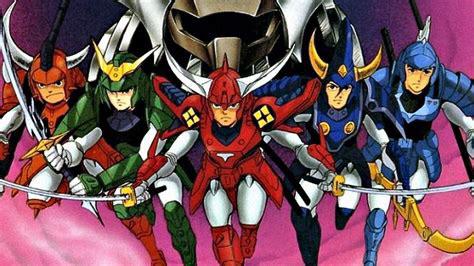
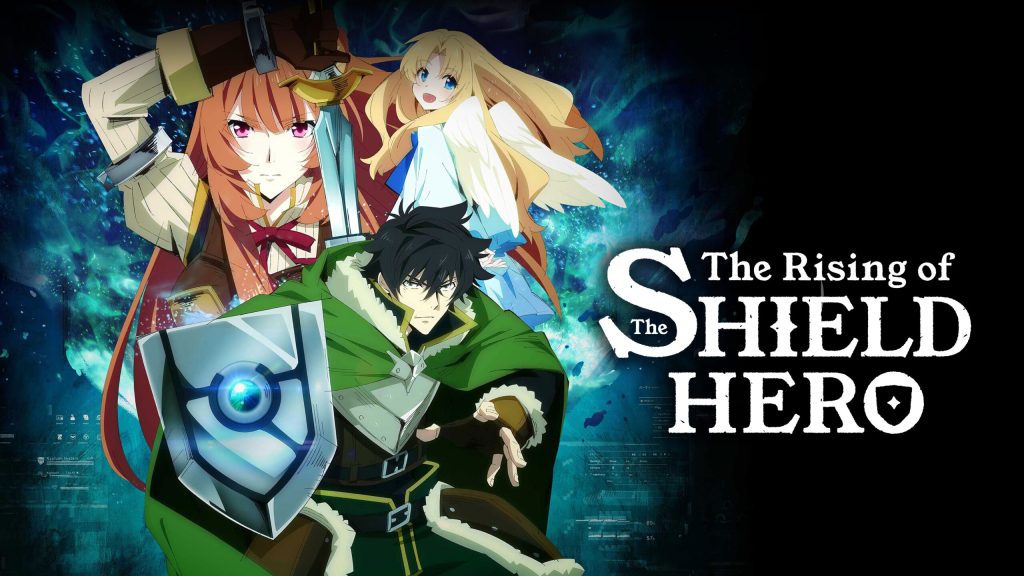


Leave a Reply